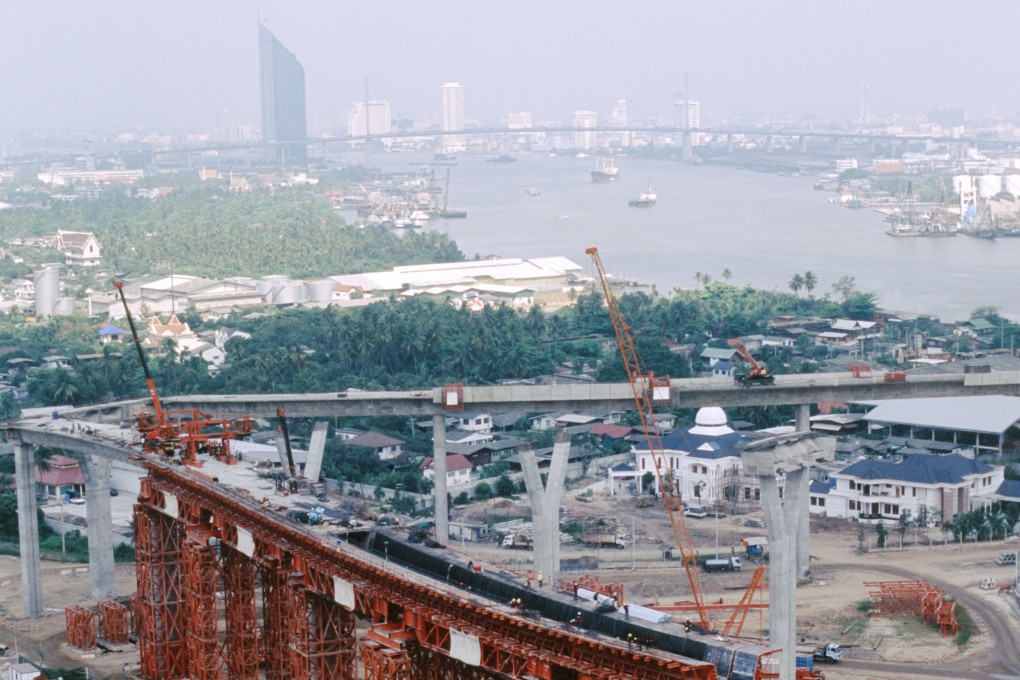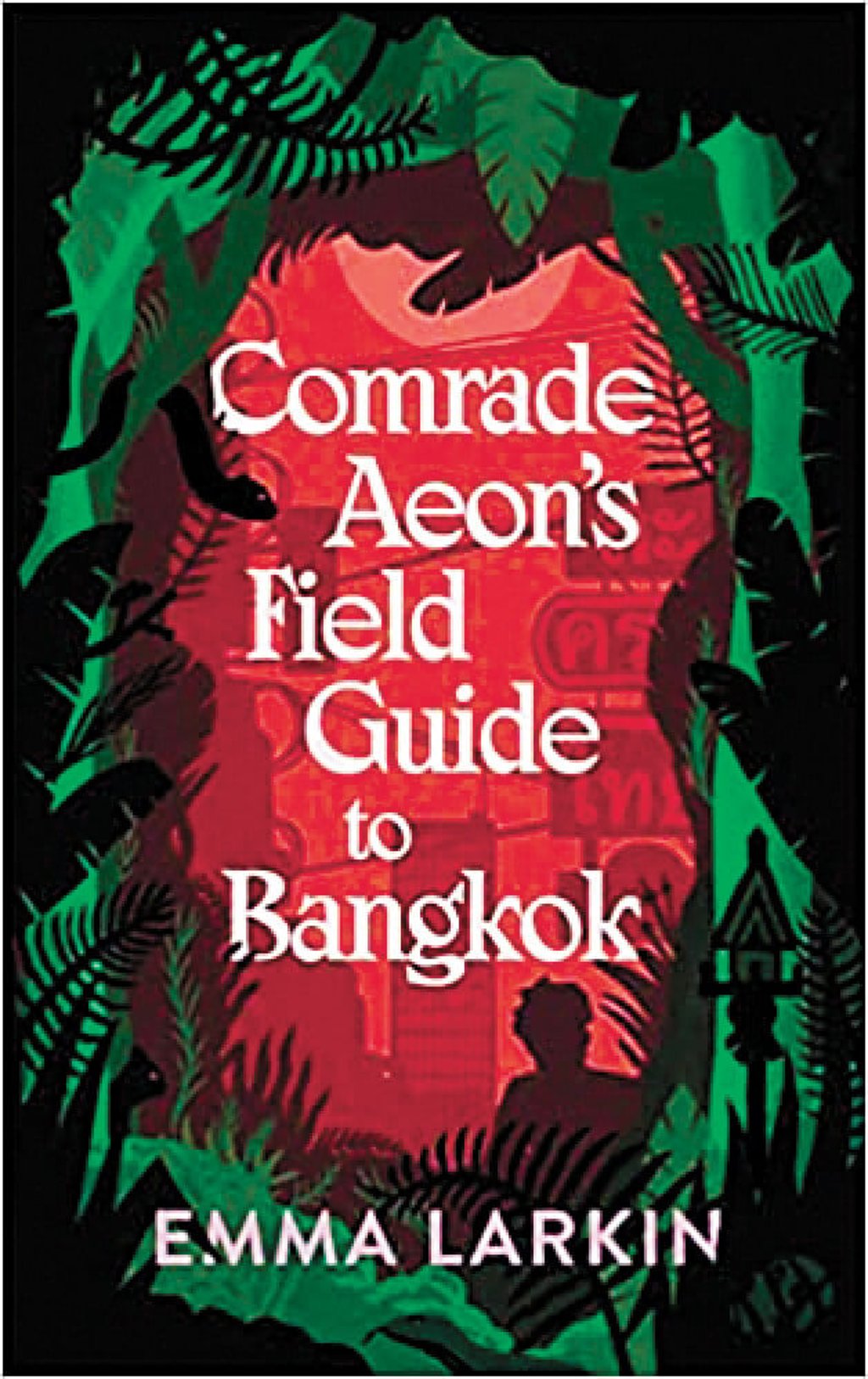Review | Emma Larkin’s ode to Thailand’s capital city, Bangkok, is a dystopian story of worlds within worlds
- Despite a large and varied cast of characters, Comrade Aeon’s Field Guide to Bangkok feels like a personal book, a complicated paean to a complicated city
- Various worlds within Bangkok intersect: a property developer with a gangster; a slum dweller with an expat; an underground revolutionary with a cinema icon

Comrade Aeon’s Field Guide to Bangkok by Emma Larkin, pub. Granta Publications
Until now, Emma Larkin’s much praised writing has centred on Myanmar. Her 2005 book, Secret Histories: Finding George Orwell in a Burmese Tea Shop, sought to explain that country’s history through its ghosts, underground salons and rumour mills – the Burma beyond foreign correspondents’ dispatches or academic conferences; the society below the surface.
In her first novel, Comrade Aeon’s Field Guide to Bangkok, Larkin attempts something similar for the city in which she was born, raised and still lives. Despite a large and varied cast of characters, the novel feels like a personal book, a complicated paean to a complicated city.
It’s 2009, a year of political unrest, but also a time of rampant property speculation, despite sharply declining amounts of available land on which to build. And so, at the heart of the book and the spiritual centre of most of the main character’s worlds is a “unicorn”. These are the last remaining patches of jungle waiting to become skyscrapers. Bangkok’s hyper-enthusiastic developers have concreted just about every inch of the city.

Canny developer Witty Techarungrueang covets this particular unicorn. His wife, Wongduan, is a former famous actress now making the obsessively watched Thai historical soap operas whose themes resonate with contemporary Thai politics. Witty and Wongduan appear to have everything, except their son, who “disappeared” after the 1992 political protests. His body was never found, and with no explanation given, his parents left his teenage room as it was the day he went out to demonstrate and never returned. After that their lives hollowed out, their respective success rendered meaningless.
As Witty surveys the unicorn, inhabitants of the adjacent and over-optimistically named Slum of Bountiful Pleasantness realise their community will be swallowed up by a 60-storey mixed-use complex. Yai Sunan has moved to the slum to escape poverty and violence in the provinces. Her friend, Kongkiat, has sworn to defend this marginal community.